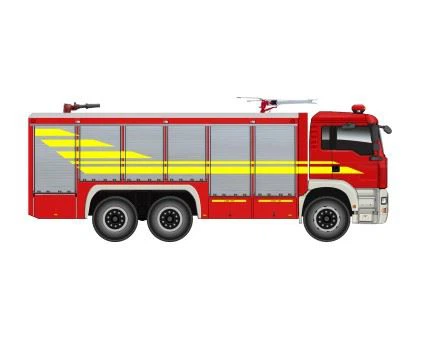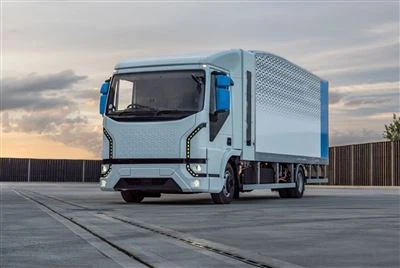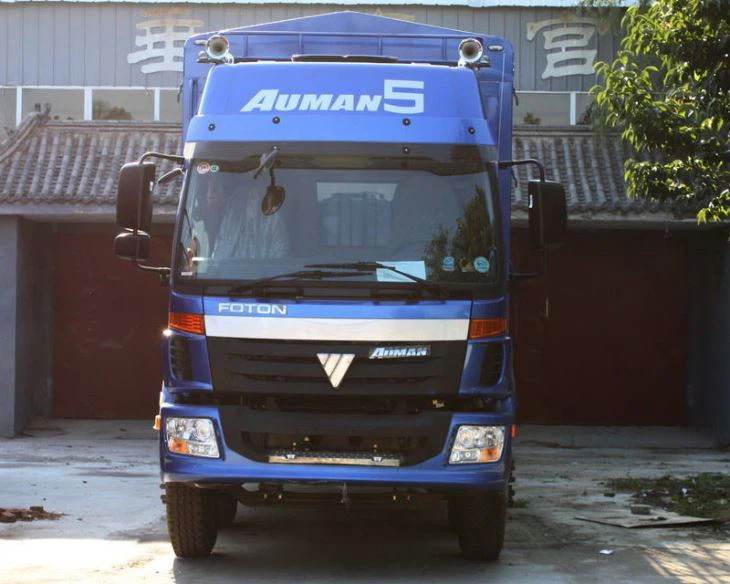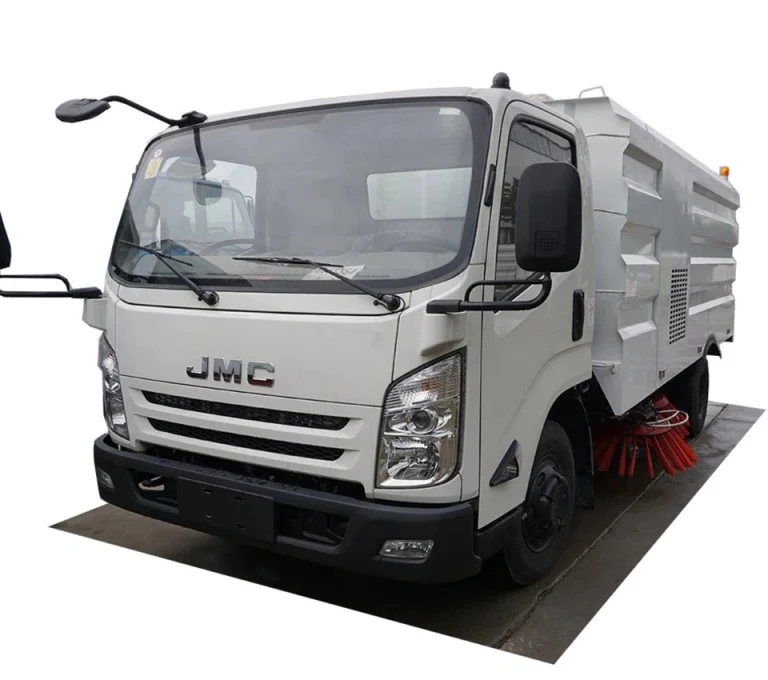Vactor trucks are specialized vehicles used primarily for cleaning and maintaining sewer systems, drainage systems, and other underground infrastructure. These trucks combine the benefits of a vacuum and a jetter, making them essential for municipalities, construction sites, and industrial applications. In this article, we will delve into the various aspects of vactor trucks, from their construction and capabilities to their maintenance and operational tips. By the end, you will have a thorough understanding of what vactor trucks are and how they function.
What is a Vactor Truck?
A vactor truck is a type of vacuum truck equipped with a high-pressure water jetting system. It is designed to remove debris, sludge, and sediments from various surfaces, especially in sewer and drainage lines. The term “Vactor” is actually derived from the brand name of the first company to manufacture such trucks, which have since become synonymous with this type of equipment.
Components of a Vactor Truck

Understanding the components of a vactor truck can help in grasping how it operates. Here are the main components:
- Vacuum System: This system creates a high-velocity flow that allows the truck to suck up solid and liquid waste materials.
- Water Jetting System: It uses high-pressure water jets to dislodge clogs and debris in pipes and drains.
- Storage Tank: The tank collects the materials vacuumed from the pipelines, commonly made from durable materials to withstand corrosion.
- Pumping Unit: This is responsible for controlling the vacuum pressure and water flow.
- Hoses and Nozzles: Essential for directing water jets and vacuum suction to specific areas.
- Chassis: The truck’s body that houses all the above components.
Types of Vactor Trucks
| Type | Description | Applications |
|---|---|---|
| Standard Vactor Trucks | Basic models designed for general vacuuming and jetting. | Sewer cleaning, catch basin maintenance. |
| Hydro Excavation Trucks | Utilize high-pressure water to excavate soil without damaging utilities. | Construction site digging, utility locating. |
| Combination Trucks | Integrate vacuum and jetting capabilities in one vehicle. | Drain cleaning, tank cleaning. |
| Industrial Vactor Trucks | Designed for heavy-duty industrial applications. | Pulp and paper plants, petrochemical cleaning. |
Choosing the Right Vactor Truck
Choosing the correct vactor truck for your needs involves considering factors such as:
- Size: The capacity of the storage tank and truck size must match the intended job scale.
- Engine Power: Ensure it has the power to drive your specific vacuum and jetting requirements.
- Attachments: Various nozzles and hoses may be needed for specific applications.
How Vactor Trucks Work
The Vacuum Process

The vacuum system on a vactor truck utilizes a rotary vane pump or blower to create a vacuum that pulls in debris. The flow rate is crucial to ensure efficient material collection. The vacuum hose, often equipped with various nozzles, is inserted into the system being cleaned, and the vacuum draws in unwanted materials.
The Jetting Process
Once the initial clog is identified, the water jetting system is activated. High-pressure water is forced through hoses and nozzles to break apart and flush away debris. The combination of vacuum and jetting systems makes vactor trucks incredibly efficient for maintaining clean pipelines.
Applications of Vactor Trucks
Municipal Applications
Municipalities use vactor trucks for routine maintenance on sewer systems, including:
- Cleaning catch basins
- Flushing sewer lines
- Eliminating stormwater blockages
Industrial Applications
In industrial sectors, vactor trucks are used for:
- Cleaning storage tanks
- Removing hazardous materials
- Maintaining wastewater treatment facilities
Construction Applications
Vactor trucks are invaluable in construction sites for:
- Excavating around utilities
- Cleaning up wet or dry spills
- Maintaining clear drainage paths
Maintenance of Vactor Trucks
Regular Maintenance Checks
Maintaining a vactor truck involves routine checks and service for optimal performance. Important maintenance tasks include:
- Inspecting the vacuum pump for wear and tear
- Checking all hoses and connections for leaks
- Cleaning filters to ensure proper flow
- Inspecting the tank for signs of corrosion
Seasonal Preparation
Preparing a vactor truck for various seasons is crucial. For instance, flushing systems during winter can prevent freezing and blockages, while summer may require checks for overheating due to prolonged use.
Operating a Vactor Truck: Practical Tips
Before Operation
Prepare your vehicle by checking fluid levels, ensuring all systems are functional, and reviewing safety measures. Follow these tips:
- Conduct a pre-operation inspection checklist.
- Ensure all operators are trained and licensed.
During Operation
When operating the vactor truck, adhere to safety guidelines, including:
- Utilizing proper PPE for all operators.
- Maintaining communication among team members.
Post-Operation Care
After the job, thoroughly clean the truck, including:
- Flushing out the water system.
- Properly disposing of collected materials.
Vactor Trucks in Different Industries
Waste Management
In waste management, vactor trucks are used to maintain and clean out landfills, ensuring they operate efficiently by removing high levels of waste and debris.
Environmental Services
These trucks play a vital role in environmental services, where they are employed to clean up hazardous waste spills and maintain environmental compliance in various settings.
Frequently Asked Questions (FAQs)
What is the average cost of a vactor truck?
The price of a vactor truck can vary significantly based on brand, features, and specifications, typically ranging from $200,000 to over $500,000 for brand new models.

How often should vactor trucks be maintained?
Regular maintenance checks should be conducted at least every 1,000 miles, but it’s advisable to follow specific guidelines provided by the manufacturer.
Can vactor trucks handle hazardous materials?
Yes, specialized vactor trucks are designed to handle hazardous waste, but operators must adhere to specific regulations and safety practices.
What training is required to operate a vactor truck?
Operators should undergo formal training that includes understanding vehicle systems, safety protocols, and emergency procedures.
How long is the lifespan of a vactor truck?
With proper maintenance, a vactor truck can last around 10-15 years, though this lifespan can vary depending on usage and care.
Are vactor trucks environmentally friendly?
While vactor trucks play a crucial role in maintaining infrastructure, their environmental impact can be mitigated through responsible waste handling and emissions controls in modern models.




